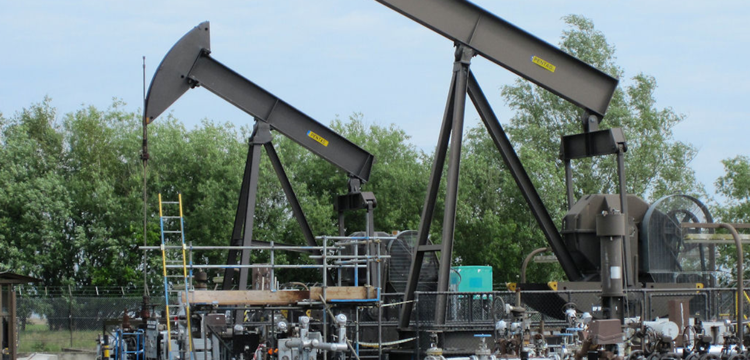The Scottish Independence referendum feels like an incredibly long time ago.
The political drama has increased by a factor of 11 since then, but oh boy did it feel intense at the time.
In retrospect, it was probably a great forward indicator of what’s now been revealed to be a global revolt against the status quo, or “populism”. If you clocked that at the time, I salute you – I certainly didn’t, even though I’d seen the Catalans coming over to support the independence crowd.
I remember speaking to an old school friend of mine around that time who ardently supported the idea of an independent Scotland. I was staying in my hometown of Aberdeen at that point, and we’d bundled into his car to enjoy a rare spell of sunshine with a walk in the Highlands (a few beers in tow).
The biggest thing I couldn’t understand about his position was that he was all for breaking free from Westminster, but he still wanted to keep the pound sterling. He didn’t seem to realise the level of control the Bank of England would still have over Scotland. As a Rothschild allegedly once said, “Give me control of a nation’s money and I care not who writes the laws.” Words to bear in mind when talk of “independence” is brought up.
It seems the SNP has realised that control of the currency is crucial, especially when you run one of the biggest budget deficits in Europe. Control over the printing press is a must if you want to run up fiendish amounts of debt. You certainly don’t want to rely on the person you just broke up with for help paying the bills…
Whether we’ll have “indyref2” and the possibility of a return to the Pound Scots likely depends on the Brexit result. In my view it’s more likely than not – “Everybody gets what nobody wants” seems to be a likely eventuality for Brexit, which will only stir further discontent in Scotland.
The reintroduction of the Pound Scots would certainly be interesting, and bring a new commodity currency into the world. Its value would be driven largely by the value of oil due to the Scottish economy’s dependence on the rigs in the North Sea, and would trade in correlation with the Canadian loonie and the Russian ruble.
But its value trade in correlation with the whims of the SNP. The exchange rate at the time of the Act of Union in 1707 was 12 Pound Scots to an English Pound. While I’d like to joke wryly that such an exchange rate will return in the future, the UK government is hardly looking any better when it comes to preserving its currency’s purchasing power.
Wytch Farm oilfield in Dorset. Source: Ian West
When currencies are in decline, commodities hold their own. Having spent much of my life in oil capital Aberdeen, I was surprised to discover that there are land-based oil rigs in Southern England, with pumpjacks that look straight out of Texas. But resources can show up seemingly everywhere, for believe it or not there’s gold in Scotland and diamonds in Antarctica – all it takes is the right prospector.
Sam Volkering reckons he’s found a prospect in rural England. An area in the countryside he believes will soon be rolling in riches, and ripe for plundering. He’ll be going live with a briefing on it tomorrow – keep an eye out.
To find out before anyone else, click here.
All the best,
Boaz Shoshan
Editor, Capital & Conflict
Category: Economics



